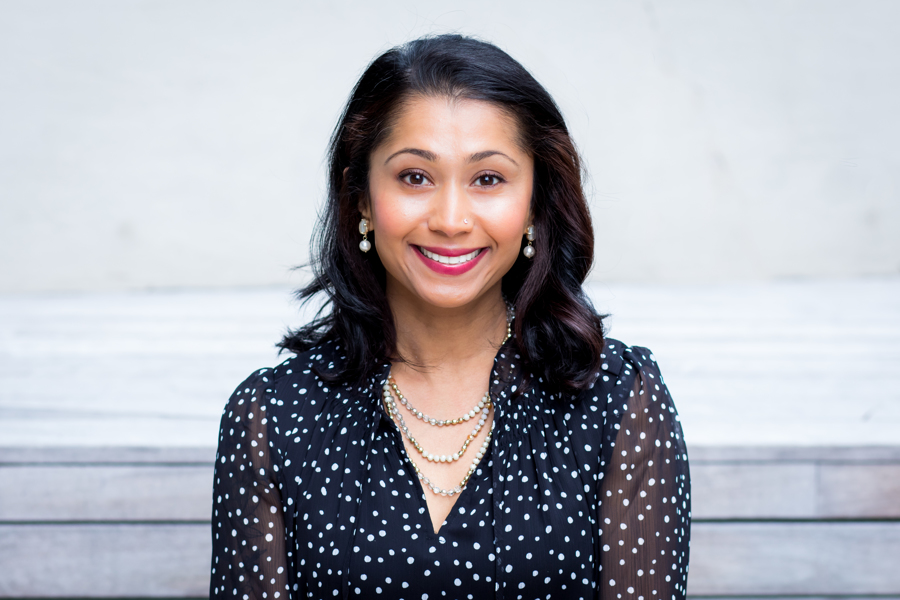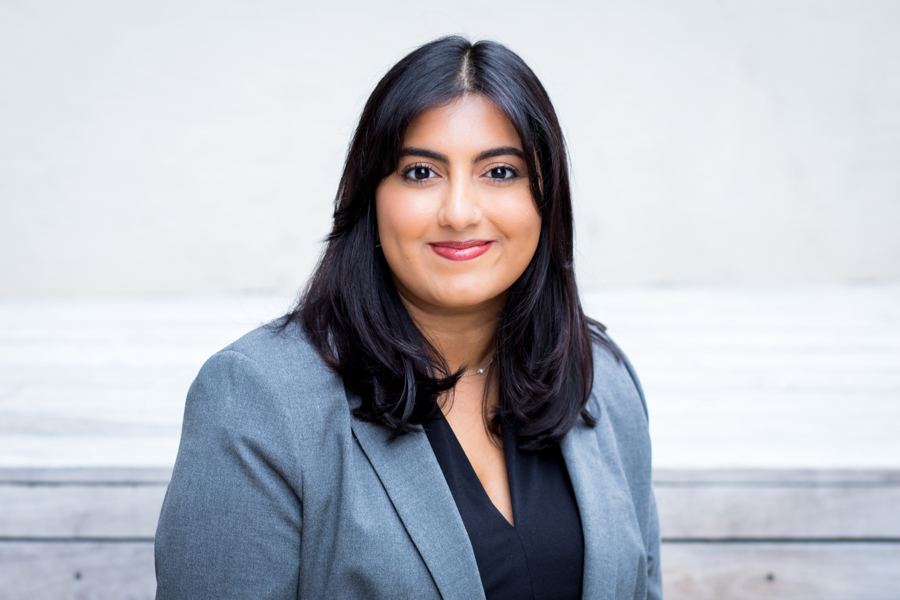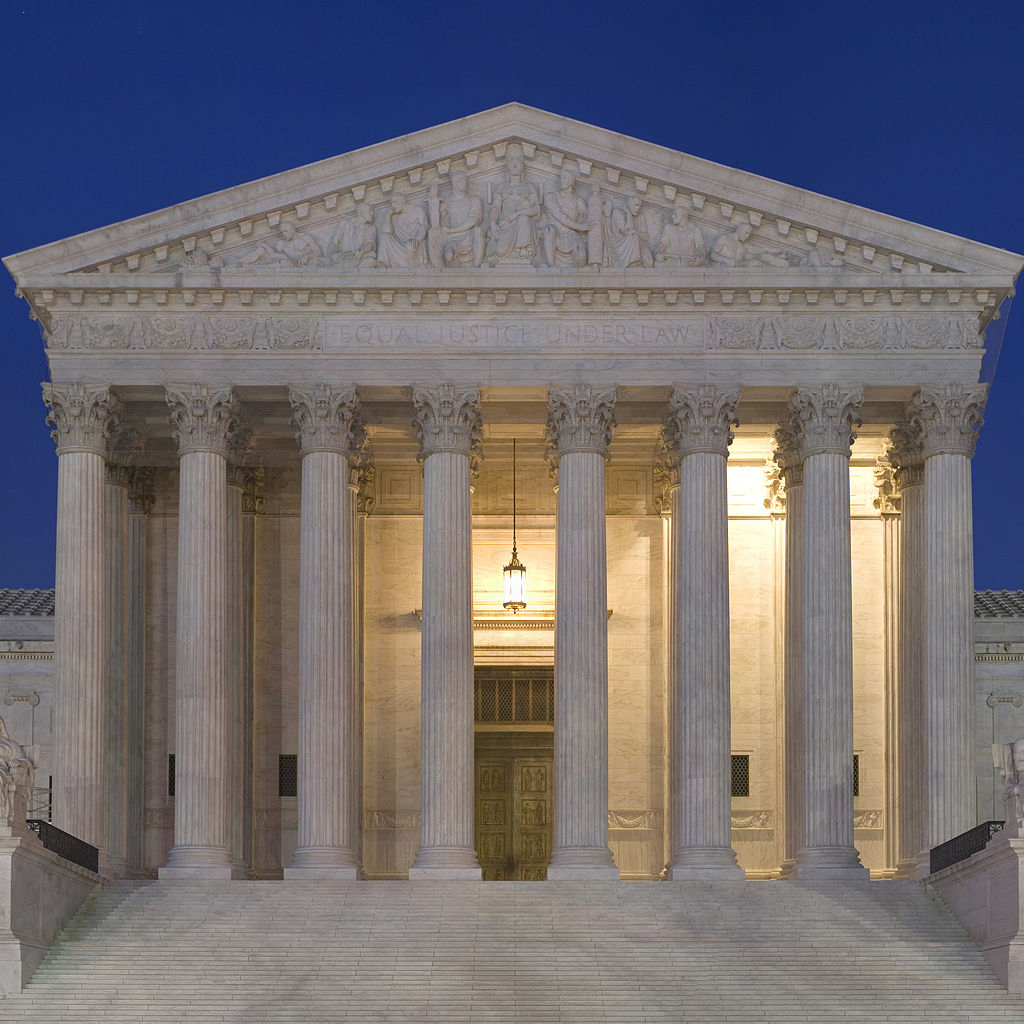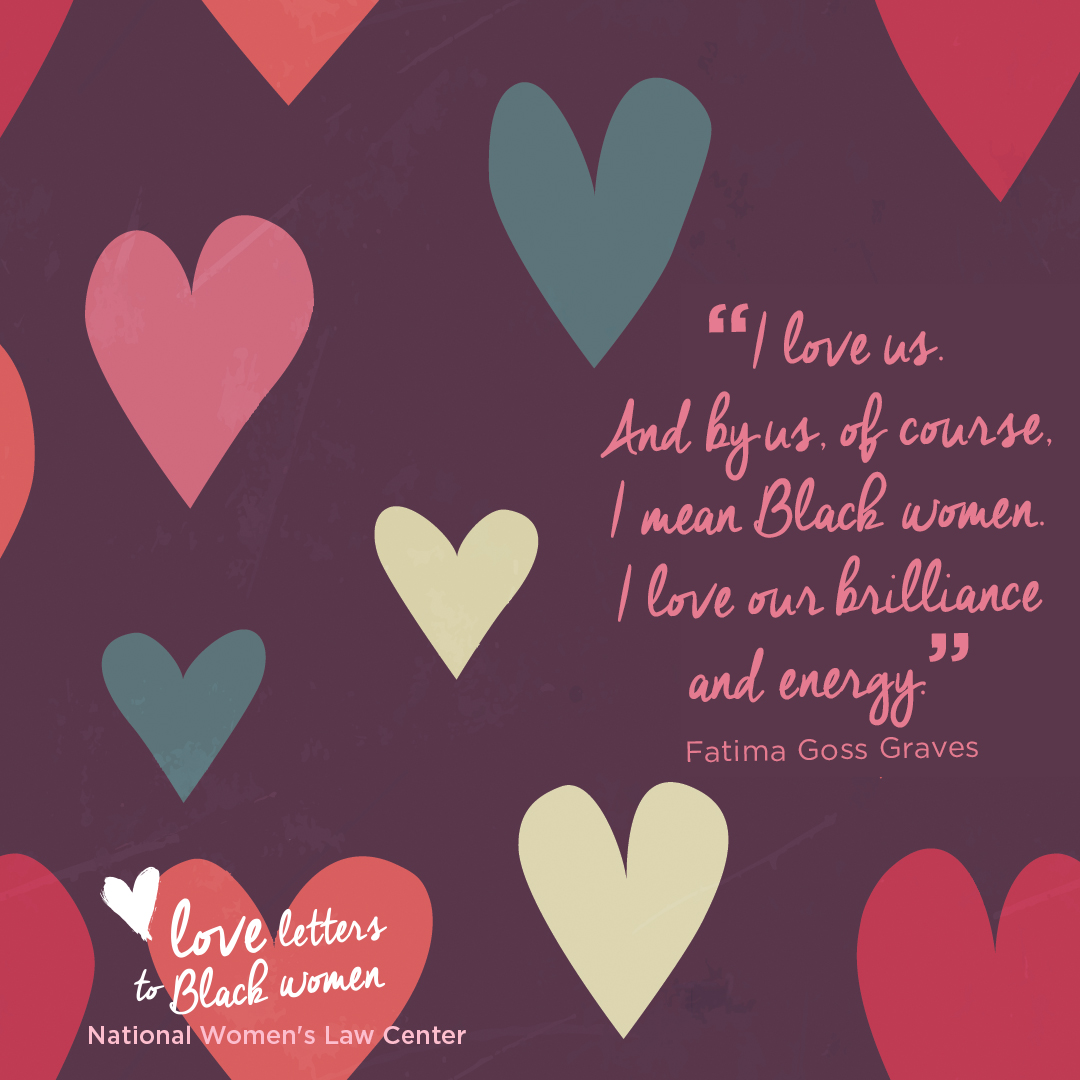Abortion rights, women of color, and LGBTQIA+ people are under attack. Pledge to join us in fighting for gender justice.
Respect, Identity, and Connection: On the Importance of Names This AANHPI Heritage Month
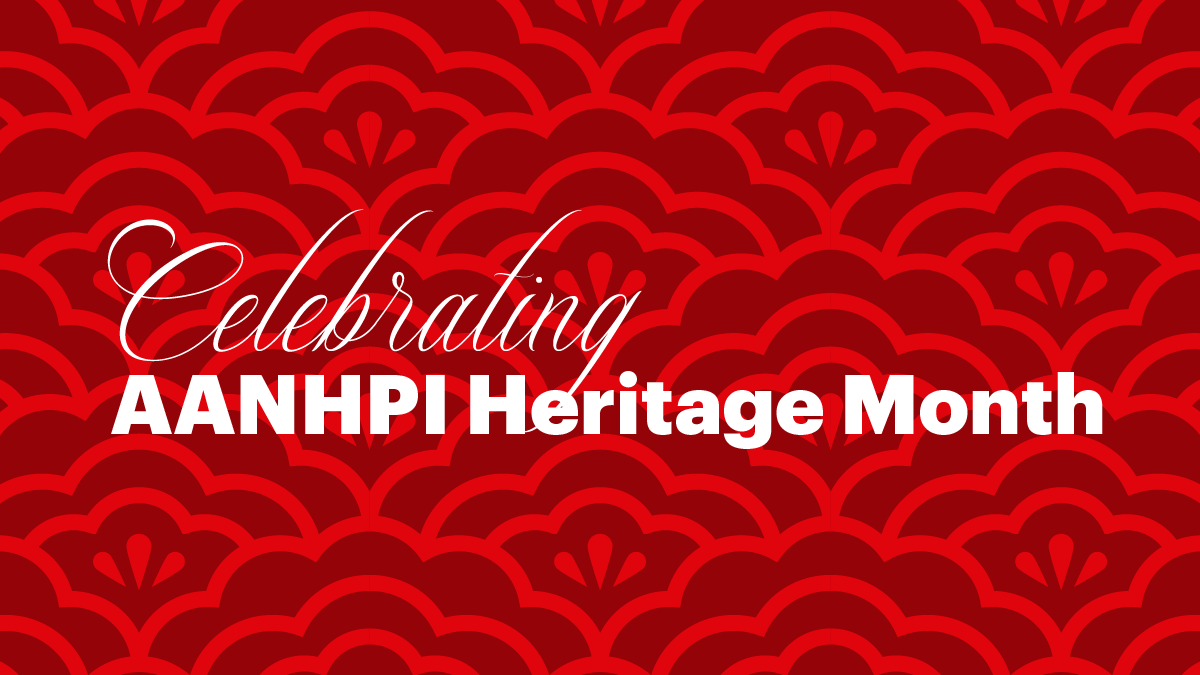
This AANHPI Heritage Month, we’re celebrating with a variety of pieces that honor the month. In this piece, various NWLC staff members share their experiences with their names—and what their names mean to them. You can read the other pieces in the series (from this year, and past years) here.
From Eun Kim:
I was a college undergraduate, and a reporter for the campus newspaper when I decided to use my full name as my byline. I had gone by “Eun K. Kim,” but I was ready to spell out the “K.”
My editor told me no; she thought the change would be too jarring for readers. Fellow English speakers already mangled my name—including a simple last name that many mistook for my first.
So it remained unchanged for months until I started my first job after college, at The Associated Press. I became:
Eun-Kyung Kim
The desire to use my full name was a turning point in my identity as a Korean American who was born abroad but whose entire childhood was shaped by growing up in the Southwestern United States and embarrassed by a name no one had ever heard.
But in college, I started meeting other people like me. I met Asian Americans from all parts of the country and around the world. Many spoke the language of their parents and grandparents, but just as many didn’t. Some had traditional American names, others didn’t. We connected over everything from classes and college majors, rice cookers, favorite TV shows—and shared experiences of prejudice and racism.
My effort to reclaim my name grew from many of those friendships and experiences. And in a profession where Asian faces on TV were rare, and foreign-looking bylines in the United Sates were even scarcer, I decided to claim some space and show some cultural pride.
Doing so through my byline was a small but significant part of that journey.
Korean names generally don’t include a middle name—at least, not like American or other Western names do. My parents call me Eun Kyung, but I’ve always gone by Eun, using my “first name” as many Asian Americans in the U.S. do.
When I decided to use my full name as a byline, my boyfriend at the time told me to hyphenate it—otherwise, he said, it would look snobby and arrogant. But I don’t use a hyphen in my name and eventually, I dropped it from the byline. By then, the beautiful names of immigrants or children of immigrants started to fill newspapers, sit atop online news stories, and even flash across chyrons on television screens.
A recent career change means I no longer see my byline above news articles. I still go by my “first and last” name (skipping Kyung). But no longer is “Eun” as unusual as I thought growing up in Arizona. I’ve met many other people with my first name since moving to Washington, D.C. And one of my dearest friends today—a former journalist—is named Kyung.
Last year, when attending a work dinner, I found myself sitting at a table separate from my coworkers who sat at a different table, together. I later learned it was because the person who checked me in had mixed me up with someone else.
Another Eun Kyung Kim.
From Airin Yung Chen (they/them):
One beautiful thing about existing outside the “cis-tem” is challenging assumed truths and finding principles that resonate with your character rather than with society’s assumptions.
My name is Airin, and I’ve been using this name for more than a decade. And yes, I chose it.
It started as a reminder to breathe. Air In, Air Out, Air In.
It started as a way to shed my assumed gender.
It started as a way to invite others to see options other than “ER-” or “AA-.”
It started as a way to reimagine a name that sounded right but never felt comprehensive.
My name is also Airin Yung, and more and more I’ve emphasized this second name. Yung.
Because it’s a name I share with my dad’s dad.
Because it’s a name that reinforces my connection to my homeland.
Because it’s a name that is not pronounced how it is spelled despite my parents doing their very best to anglicize the mandarin word that sounds like cloud.
Because it’s a durable grass, flexible but strong.
My name is Airin Yung Chen, and these letters carry my identity as best as they can.
There may come a time to add, subtract, or readjust these letters, and I believe that we should all have the option to do the same. Because choosing a name can be more powerful than the name itself. Choosing a name is honoring evolution. Choosing a name is seeing your history and your future and asking that others see it too.
From: Shiwali Patel:
She-wa-lee.
That’s how you pronounce my name.
It’s a beautiful name—one I carry with pride now. But it wasn’t always that way. When I was younger, my name often brought on laughter, puzzled looks, or long, awkward pauses. “What kind of name is that?” people would ask. Teachers would hesitate during roll call in class, stopping before my name and announcing they were about to get to a “hard one.” I’d usually jump in to save them (and myself) from an awkward moment: “It’s Shiwali,” I’d say quickly, before they could butcher it in front of the whole class.
Over the years, I’ve heard all kinds of comparisons too. “Your name sounds like Swahili!” people would say. Well, yes—if you rearrange the letters, it spells “Swahili”—but no, my name isn’t connected to the East African language. Or, it sounds like the song that came out decades ago, “Oochie Wally.” Often when someone saw me after that song came out, they’d break into song—often embarrassingly loud, often uninvited. I learned to laugh it off.
Most people who share my namesake spell it “Shivali.”
But my mom—she wanted something different.
Something uniquely mine.
And so, I’m Shiwali.
“With a W,” I find myself explaining, smiling at the small difference that has always made me stand out.
My name actually has roots in Hindu mythology. It’s another name for Parvati, the wife of Shiva—a goddess known for her strength, compassion, and grace. A quick Google search will also tell you that “Shiwali” can mean playful, charming, or auspicious. I’ll happily take those meanings too, but what I love most is the connection to a goddess. There’s something deeply powerful about that, and over time, it’s helped me embrace my name fully.
These days, when people hear my name for the first time, they often say, “What a beautiful name.”
And I’ll smile and say, “I know. Thank you.”
But if you feel like calling me goddess—well, I’ll happily answer to that, too.
From Asma (Ahs-muh) Akram:
The first time I heard my name mispronounced was on my first day of kindergarten. A boy in my class pronounced my name like “Asthma” and then took it a step further and called me “Asthma Attack.” As a five-year-old, I was confused and unprepared for such a tragic nickname.
My parents named me Asma because they thought the name was beautiful, and it is beautiful. The name originates from the daughter of Abu Bakr, the first caliph or Muslim leader. Asma in Arabic means “exalted” or “high status” (which, I must say, explains why I am constantly raising the bar).
That boy’s mispronunciation opened the door to a problem I didn’t know I’d face: people routinely adding a “z” sound to my name. It bothered me deeply when people mispronounced my name, especially after I had told them the correct way. And yet, I often found myself too anxious to correct them. I didn’t want to seem rude, or “difficult.” But now I realize that correction isn’t confrontation—it’s self-respect.
If you don’t know how to pronounce someone’s name, just ask them. If someone corrects you on how to pronounce their name, listen. Names carry history, culture, and identity. Mispronouncing them isn’t just careless but can be deeply disrespectful not only to the person in front of you, but to generations behind them.
From Uzma Chowdhury:
When I was around eight, I was desperate to be named Samantha. I wanted people to call me Sam, I was jealous of my Grandma’s name—Sara. Of course, growing up Muslim and South Asian in Georgia had a lot to do with this, but now I can’t imagine being anything but Uzma. It means “the greatest or the best” according to my mother, which is so much to live up to. I always resented that pressure, but now I think about my mother, holding the tiniest version of me, and trying to do everything she could to give me everything. Before I could walk or talk, I was already “the greatest” thing that ever happened to my mother.
My name is not a legacy to live up to, for me alone, but a legacy to carry on. There’s a line in the Lorde song “The Louvre” that I think of when I think about my name: “But we’re the greatest, they’ll hang us in the Louvre.”
I listened to that song on repeat the first time I went to the Louvre, the famed art museum in Paris. My grandmother had just died, and I wanted to take my grandfather, my Nana, to Paris, because they used to go to Paris together. On a bench outside the Louvre, I asked my Nana if he wanted to come in, and he shook his head. I insisted, worried he would get bored, waiting on me. “Don’t you want to see the Mona Lisa?” I insisted. He looked at me long and hard and said something I will never forget, “Uzma, watching you do whatever you want is worth one thousand Mona Lisas. I already know what she looks like.” All I could do was nod, blink back tears, and race through the museum with the Lorde song on repeat. When I finally got out, ascending slowly from the escalators that bring you up to the square, I saw my Nana sitting with his face toward the sun. When he finally saw me, his face cracked into the biggest smile I’ve ever seen. Even after seeing some of the most amazing art in the history of the world, I think that was the most beautiful thing I saw that day. He made my mother, and she made me—and we’re the greatest.They’ll hang us in the Louvre.

